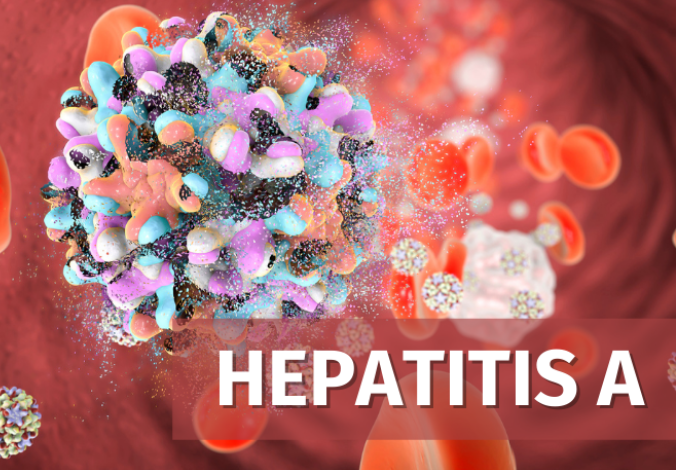The kidneys are vital organs that clean the blood but are susceptible to damage and injury of hepatitis A
There has been a persistent nationwide outbreak of it infections in the United States since 2016. The Centers for Disease Control and Prevention report that 31,220 cases of hepatitis A were reported between February 2016 and February 2020, leading to 19,074 hospitalizations. This indicates that hospitalization was necessary for roughly 60% of cases of hepatitis A during that time. In addition, 314 people died from the disease (roughly 1% of cases).
These figures show that hepatitis A infection is now rising following years of decline since the introduction of an effective vaccine in 1995. Comparing infection rates from 2013 to 2015, there was a 300% increase between 2016 and 2018.
Also read-Hepatitis B : A Patient’s Guide To Hepatitis B And Its Symptoms
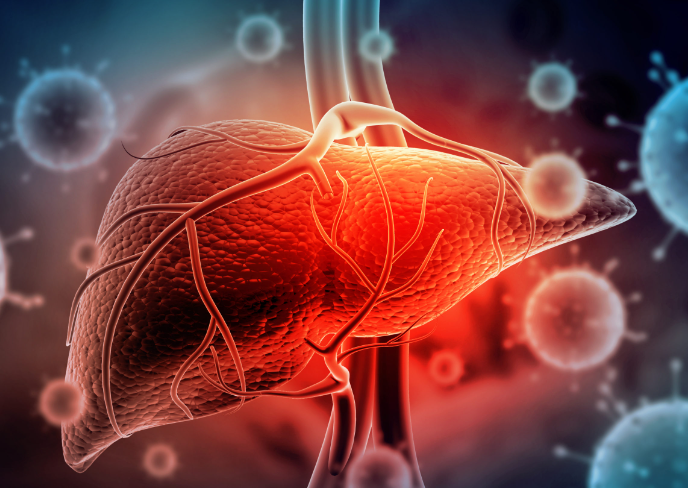
The CDC reports that many of these infections resulted from person-to-person contact and may be tied to homelessness and drug use. But it is a preventable illness. Here’s what you need to know to prevent infection or to help reduce the chances that you’ll pass along the virus to someone else if you’ve been infected.
What is hepatitis A?
At Santa Clara Valley Medical Center in California, Dr. Elizabeth Hwang, director of hepatology and associate chief of gastroenterology, states that hepatitis “refers to inflammation of the liver.” Numerous conditions, such as the following, may be the cause of this:
- Viral infections.
- Alcohol.
- Toxins.
- Autoimmune diseases.
- Genetic diseases.
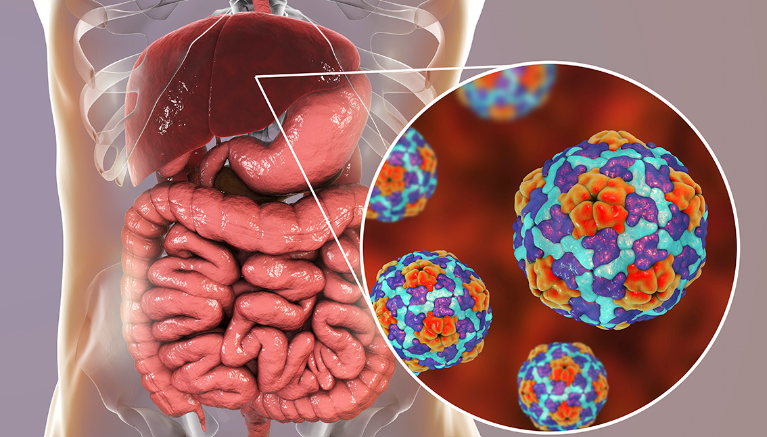
“Hepatitis A is an acute form of hepatitis caused by the it virus,” she says.
The it virus is a “food-borne virus that is easily transmitted” through food and feces, according to Dr. Sammy Saab, a professor of medicine and surgery at UCLA’s David Geffen School of Medicine. “It causes acute liver damage, which can be manifested by fatigue, nausea, muscle and joint pain.”
Although outbreaks can lead to spikes in reports of it infections, which are frequently linked to unsafe food handling practices, it is still thought to be an uncommon infection.
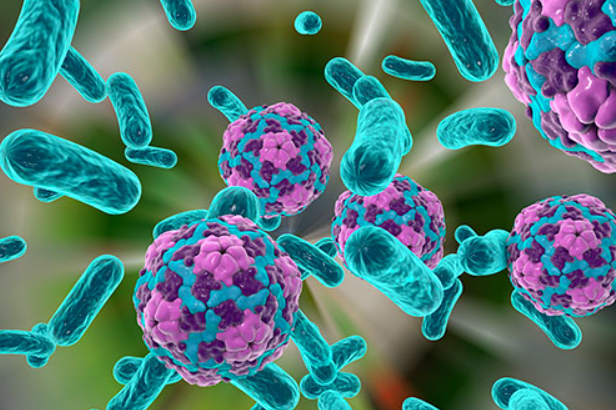
“It’s not uncommon for a cook or chef to have it without realizing it because they didn’t feel particularly ill. They then use the restroom without washing their hands, which contaminates the food they’re preparing. According to Saab, anyone who consumes the food that person has prepared may also get infected.
Symptoms
According to Saab, “it symptoms are varied and nonspecific,” so if your infection is minor, you might not even be aware that you have it.
Common symptoms include:
- Fatigue.
- Fevers.
- Poor appetite.
- Abdominal pain.
- Nausea and vomiting.
- Jaundice (a yellowing of the skin and eyes).
- Dark urine.
- Clay-colored stools.

Risk factors
Some people are at higher risk of contracting it, including:
- People who use drugs (whether injected or non-injected).
- Men who have sex with men.
- Homeless individuals or those with unstable housing.
- People with chronic liver disease, such as cirrhosis, hepatitis B and hepatitis C.
- People who lack access to clean water and sanitation/hygiene options.
- Travelers to countries with high rates of hepatitis A infection.
- People who have direct contact with others who are infected with hepatitis A.
- People who work with nonhuman primates.

Diagnosis
If your doctor suspects that you might have hepatitis A, you’ll undergo a simple blood test to confirm that diagnosis. The blood test looks for signs of the viral infection in your blood.

Treatment
“The good news is that for most people, a hepatitis A infection is very self-limiting,” Saab says, meaning that the infection will clear up on its own in time. Because of this, “there is no treatment” for it, Hwang says. You just need time for your liver to heal.
However, there are some ways of easing symptoms and boosting your immune system while your body fights off the infection. These include:
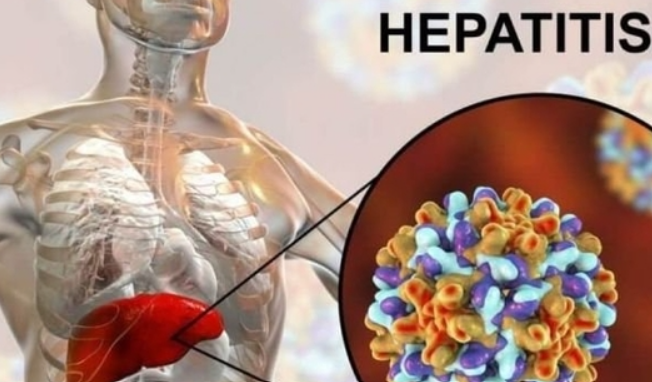
- Resting. Fatigue and lack of energy are common symptoms of hepatitis A infection. Listen to your body and give it the rest it needs to get better.
- Managing nausea. Smaller meals rather than larger ones may work better if you’re experiencing nausea related to hepatitis A. Adding in juice or milk can add calories to your diet if you’re struggling to eat enough. And if you’re vomiting frequently, be sure that you’re staying hydrated by drinking plenty of water and clear liquids such as broth or soup.
- Avoiding alcohol. Because the liver processes alcohol, drinking with a hepatitis infection puts a lot of excess strain on the liver and can cause lasting damage to the liver.
- Avoiding certain medications. Like alcohol, some medications are also processed in the liver and using too much of them could put a strain on the liver. Be sure to talk with your doctor about how to safely use certain medications such as over-the-counter pain relievers when you have hepatitis A.
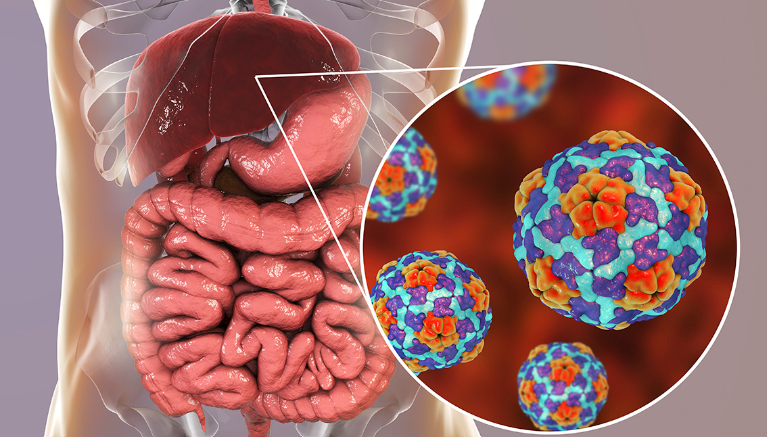
Also read-Heart Attacks : A Patient’s Guide To Heart Attacks And Its Symptoms
images source: Google
Disclaimer: The opinions and suggestions expressed in this article are solely those of the individual analysts. These are not the opinions of HNN. For more, please consult with your doctor.







